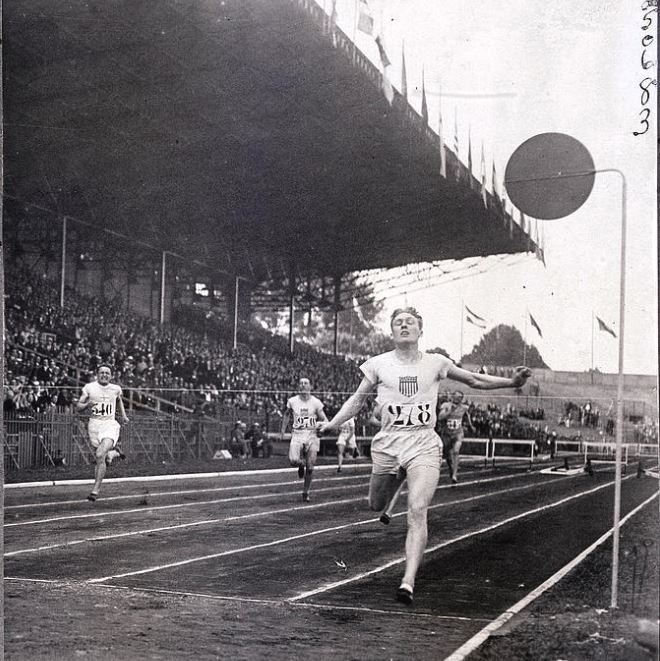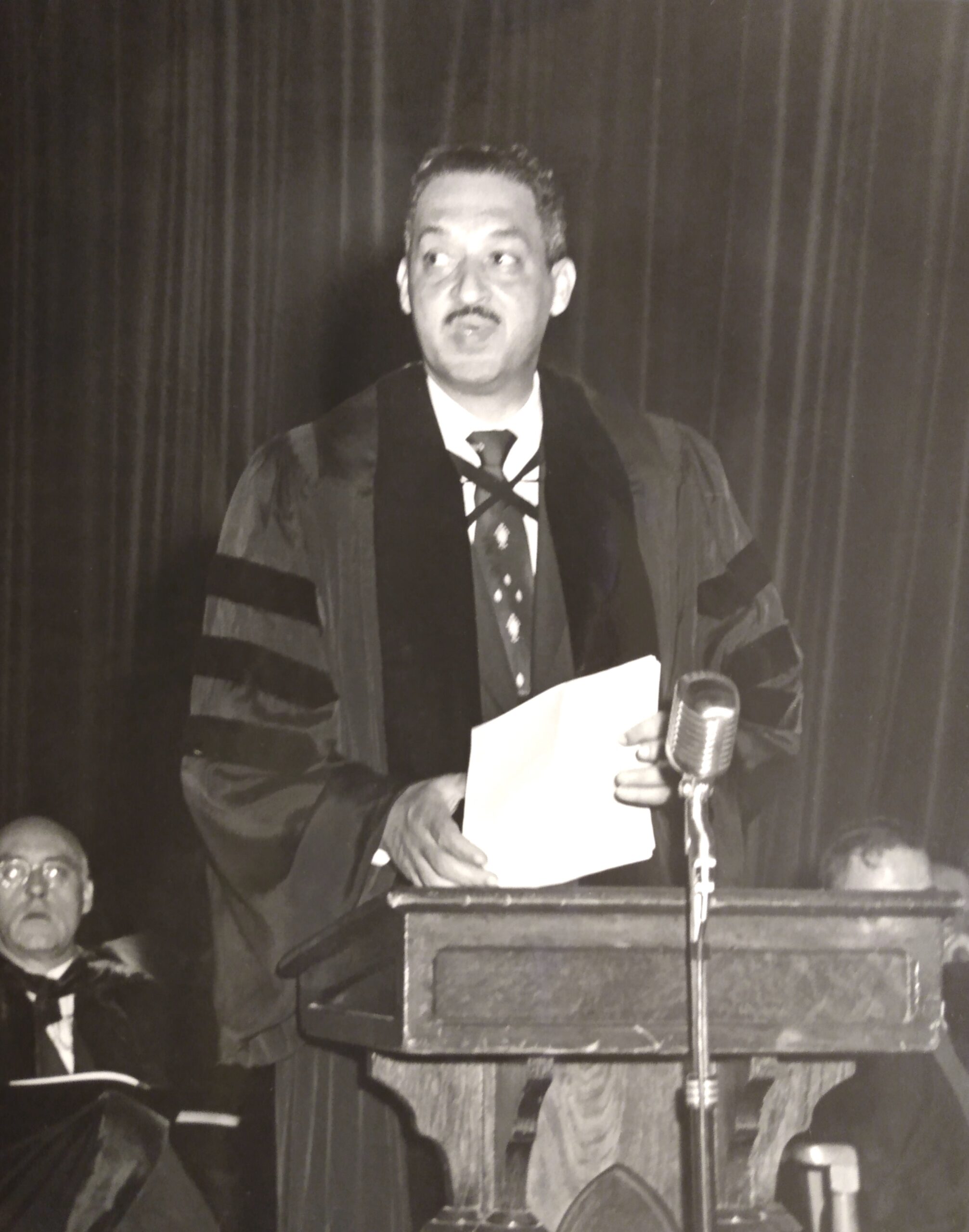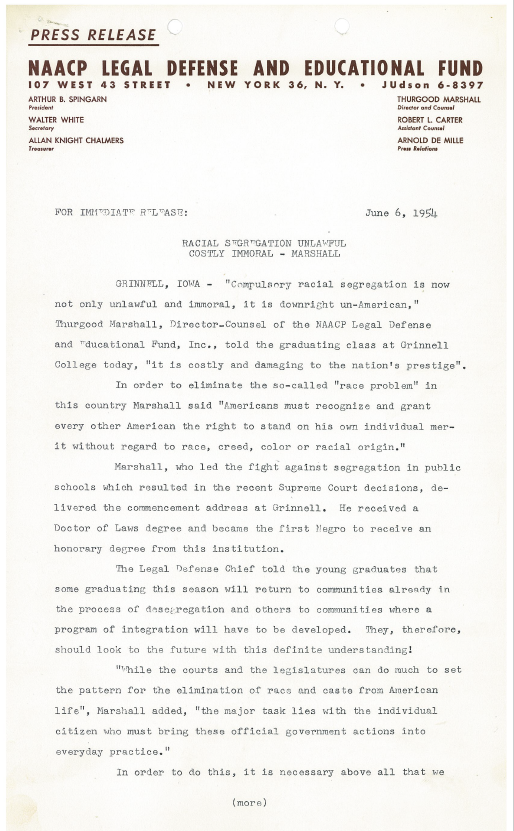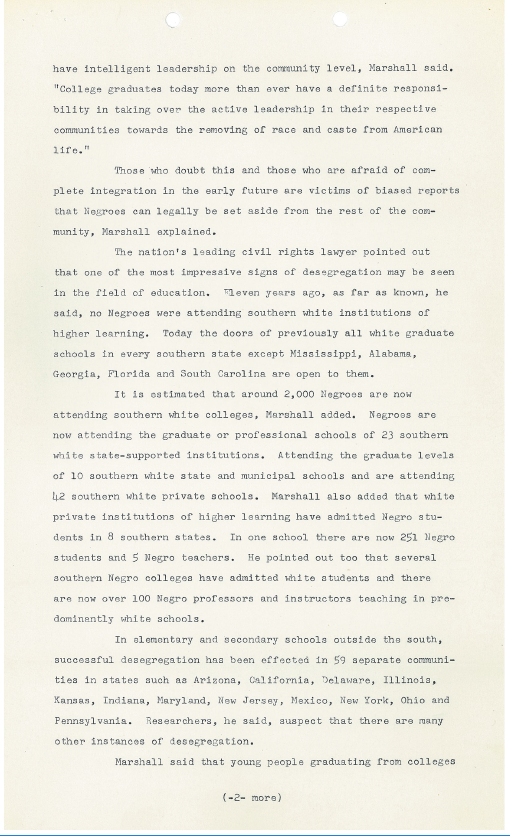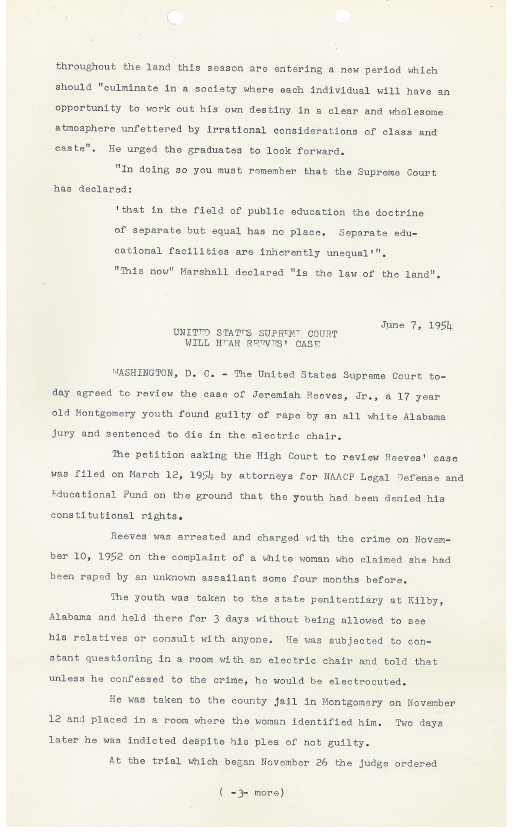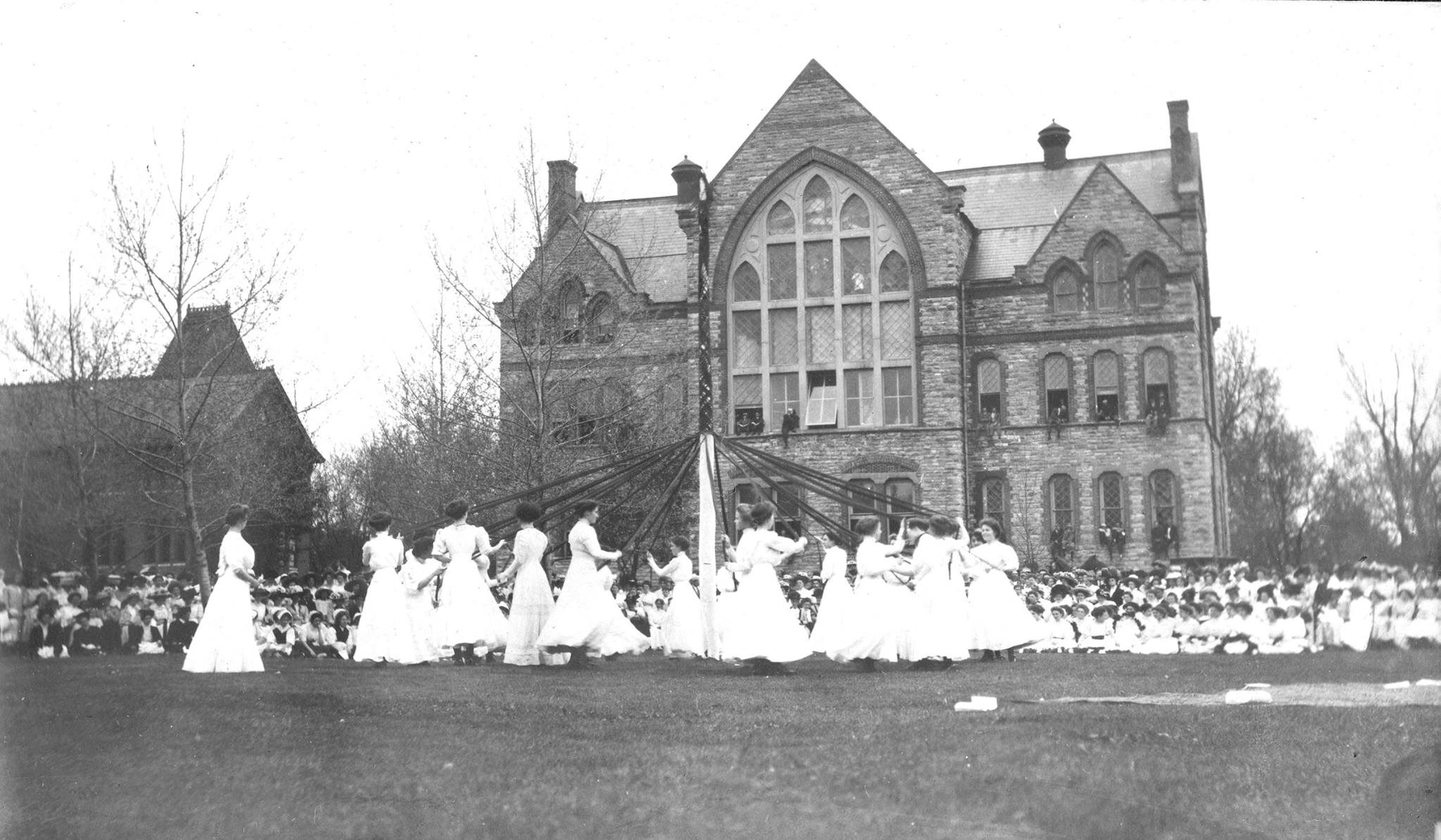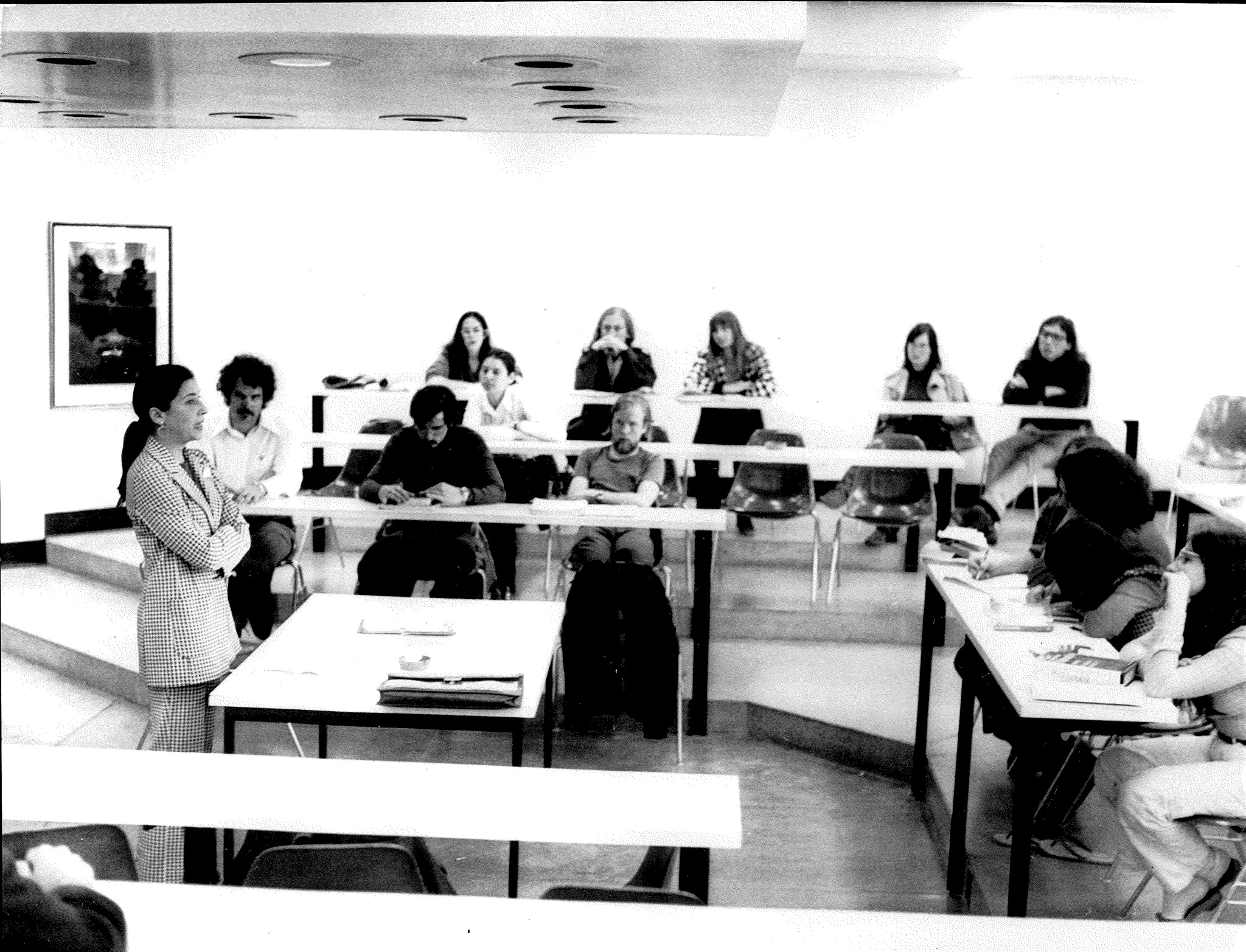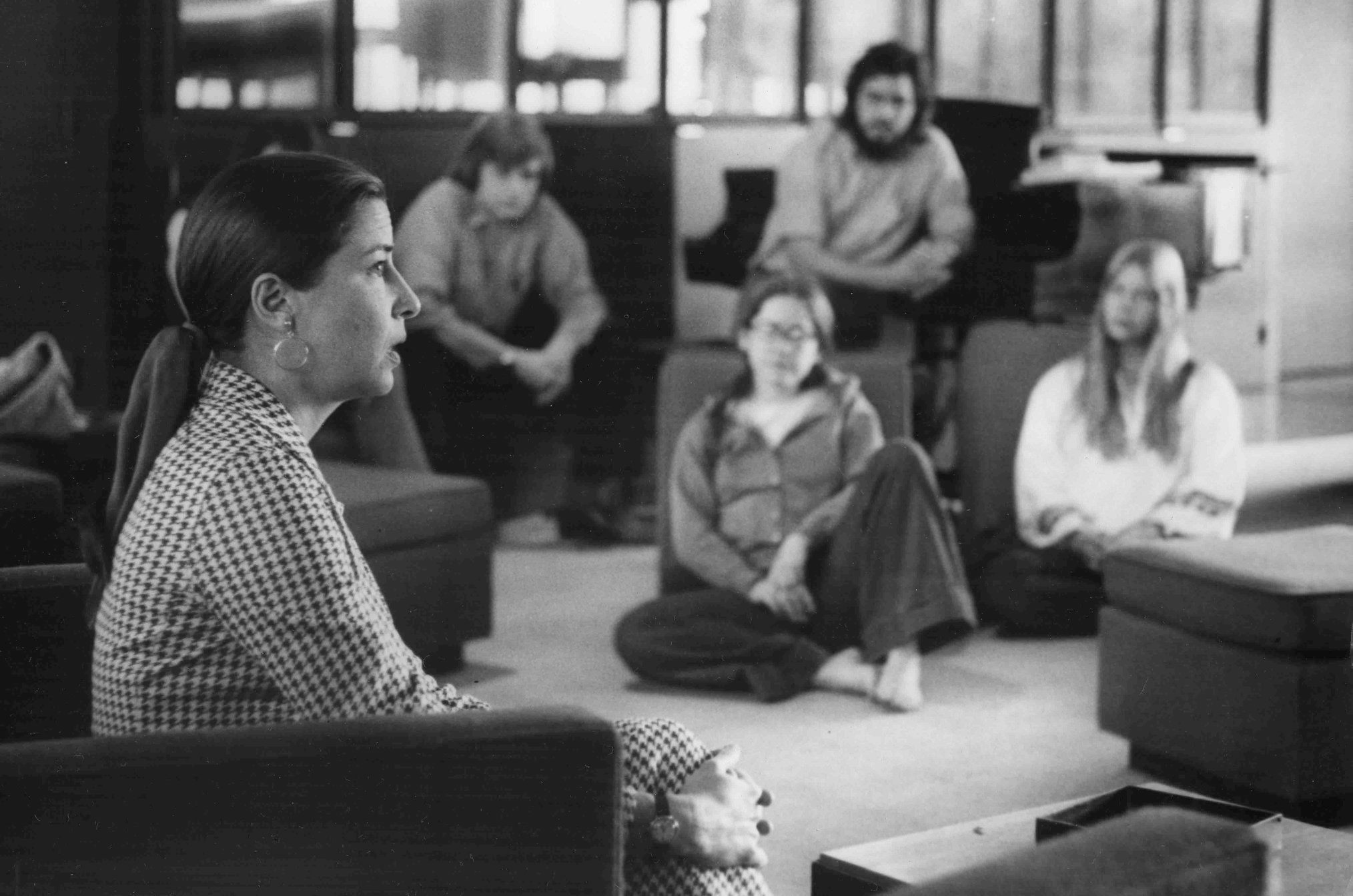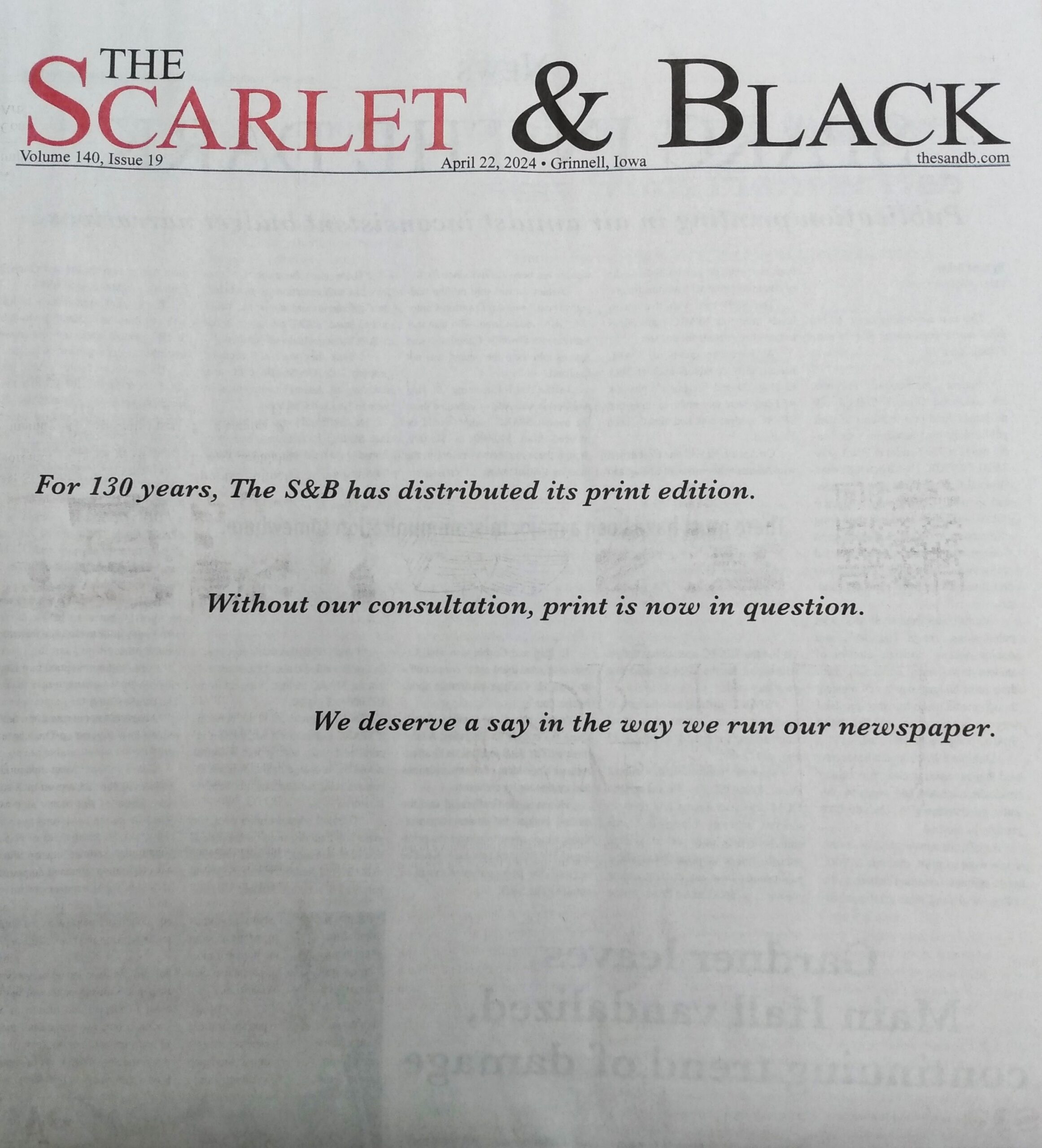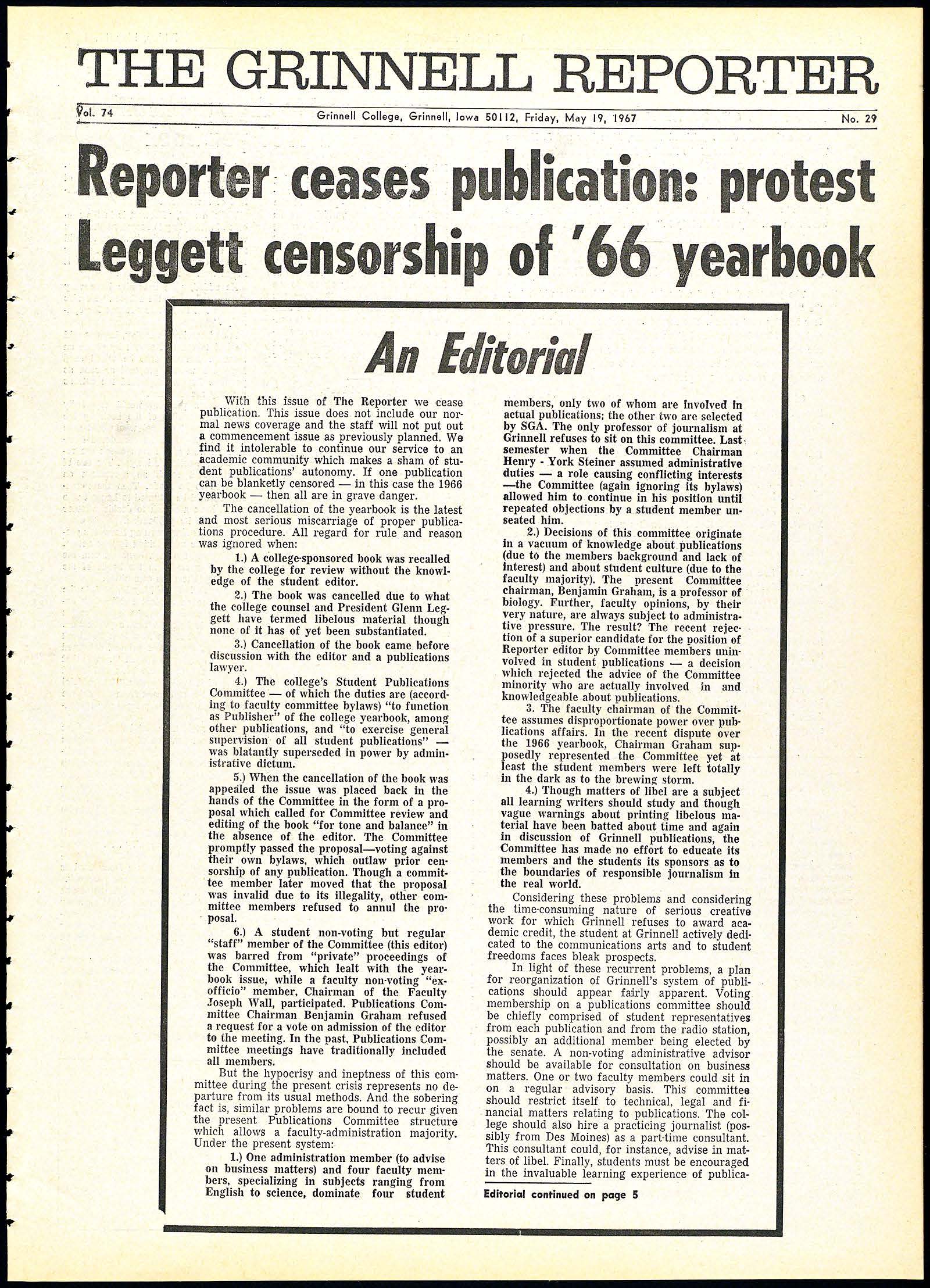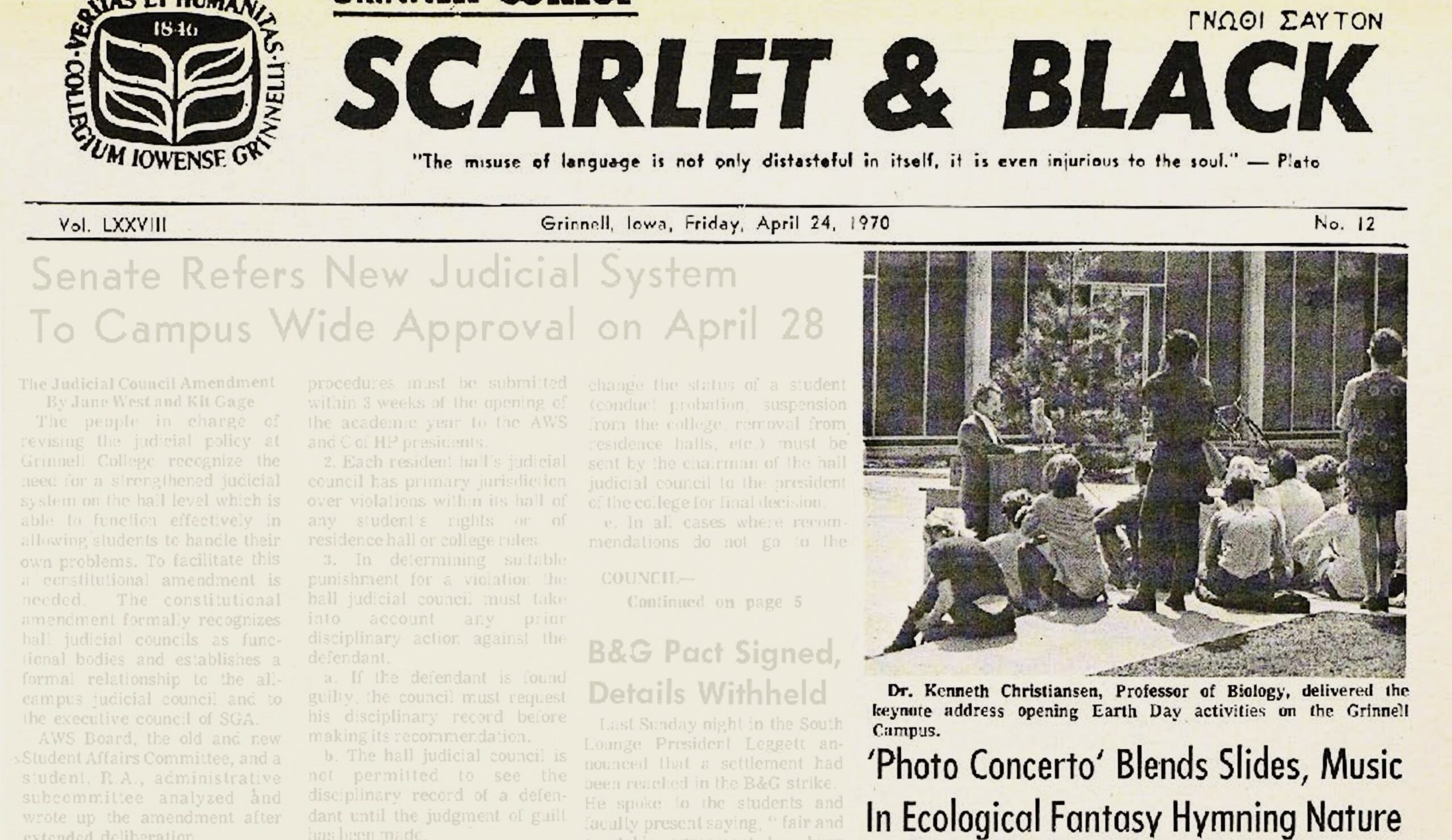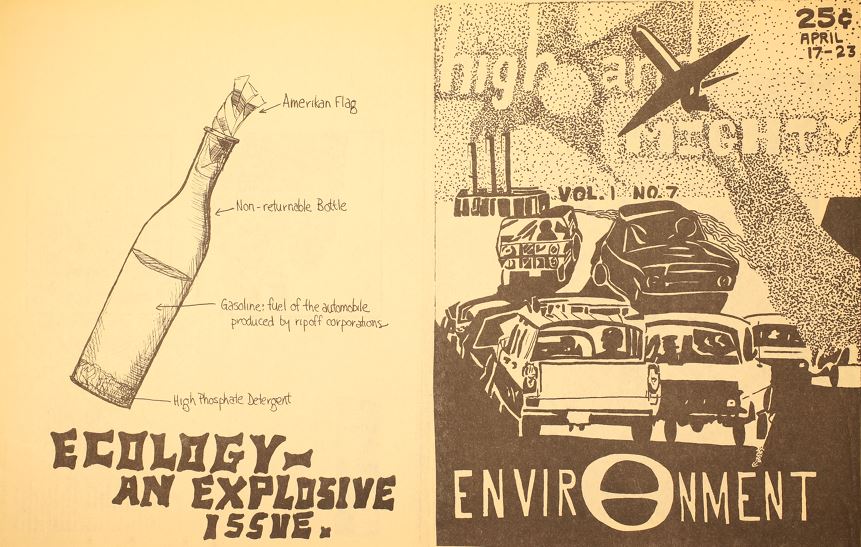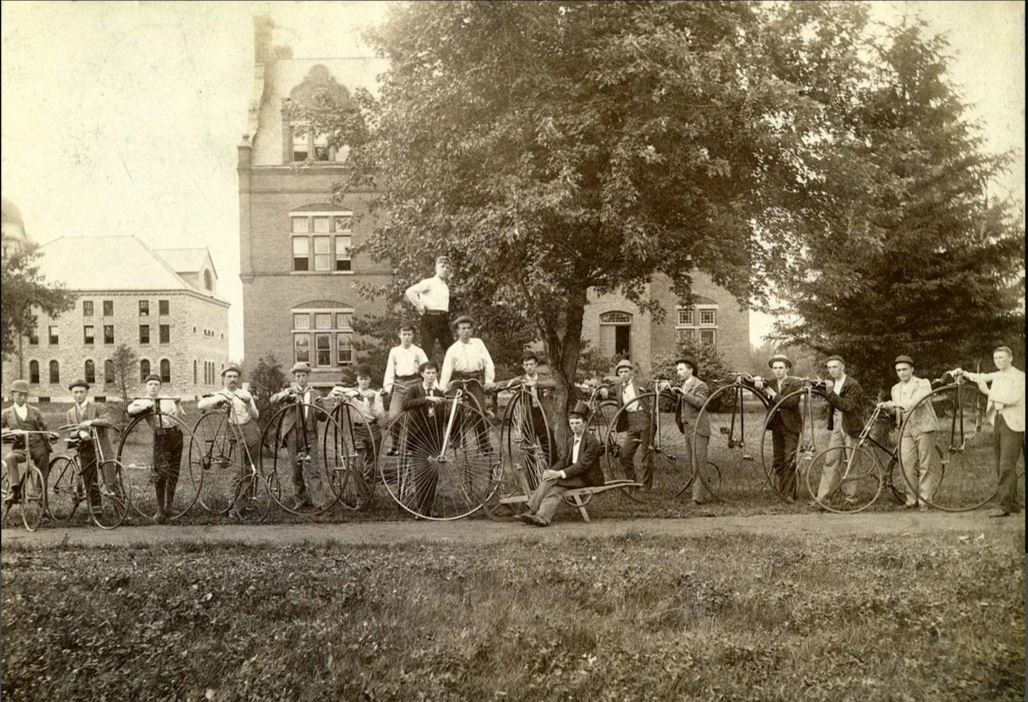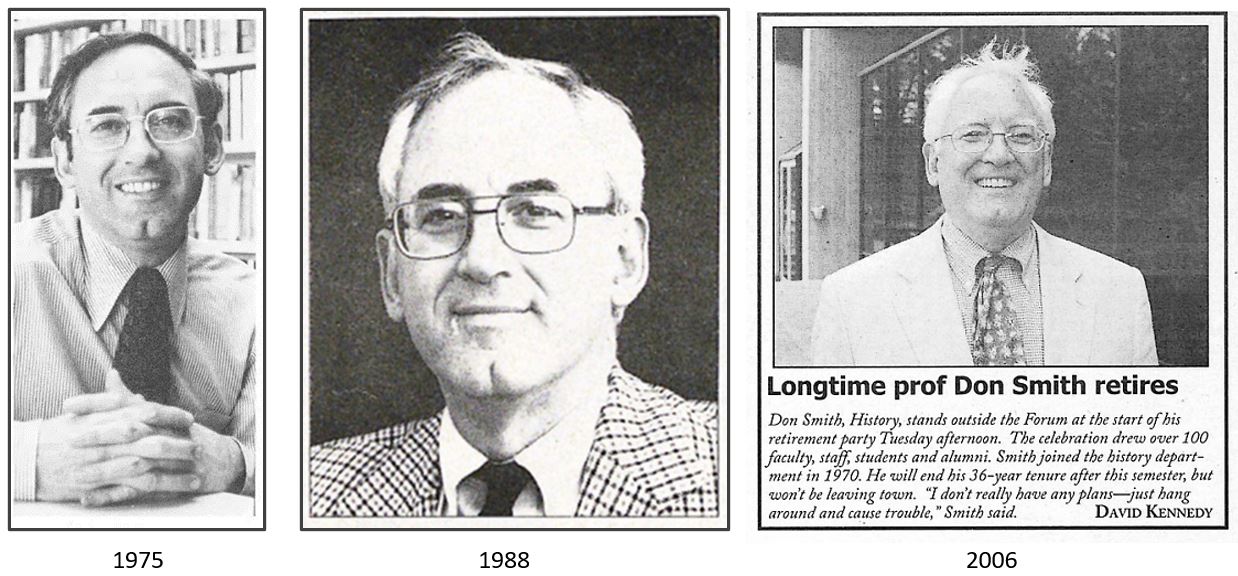
D.A. (Don) Smith was a beloved Professor of History at Grinnell College, who taught from 1970 until 2006. Don passed away on August 10th, but left behind an enduring legacy in the way he shaped the life of the college, the history department, and his many students and advisees over the decades. Don taught a variety of courses on British history, an interdisciplinary (team-taught) course on the Enlightenment, and a vibrant seminar on Alexis de Tocqueville. Don played an important role in shaping the institution over the years, including his longstanding work with Georgia Dentel on the public events committee (bringing countless artists, performers, and groups to campus), his leadership as chair of the Faculty, and his involvement in establishing the College’s partnership with Nanjing University. Don was a dedicated teacher and advocate for the liberal arts, who will be sorely missed.


